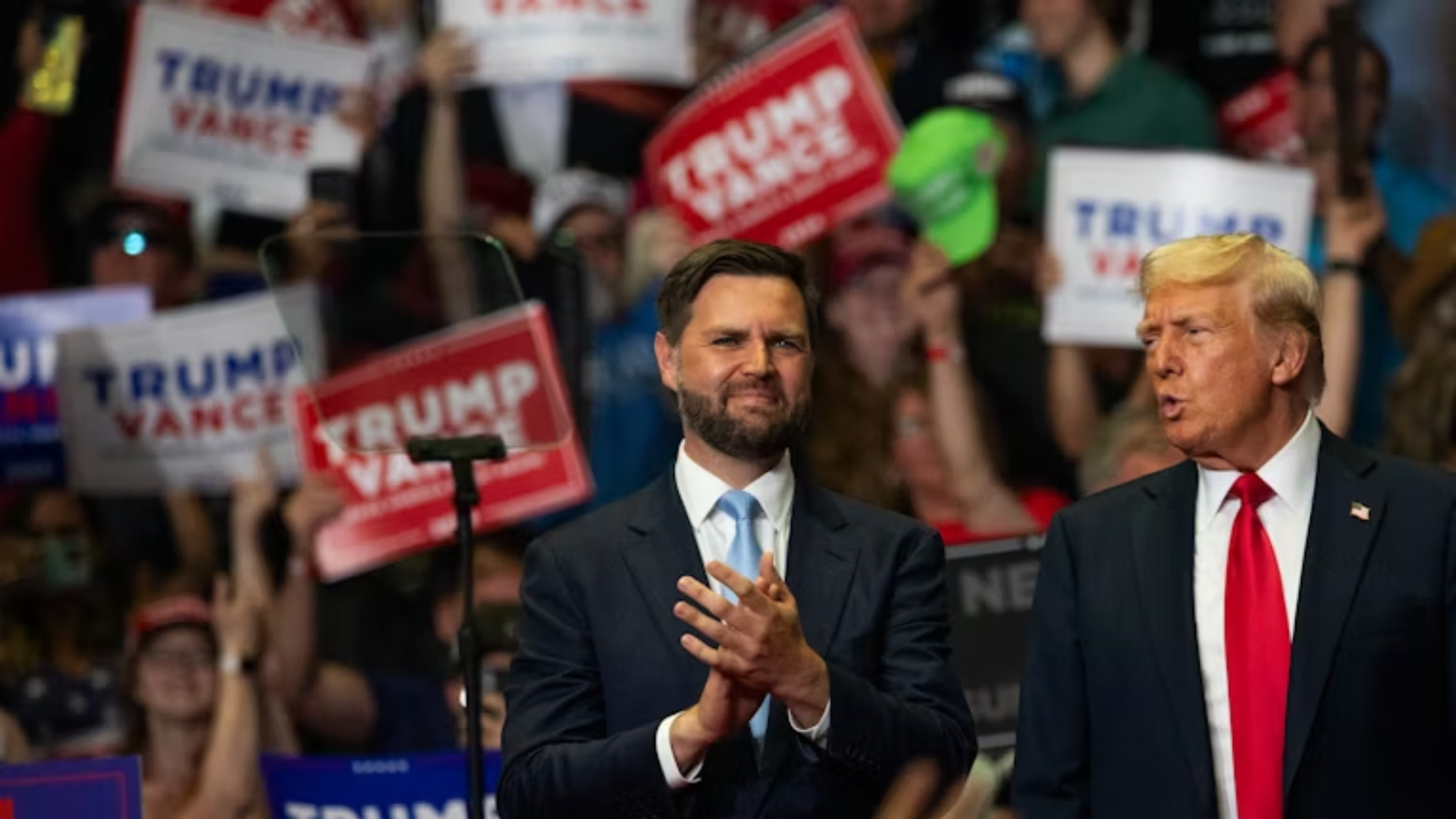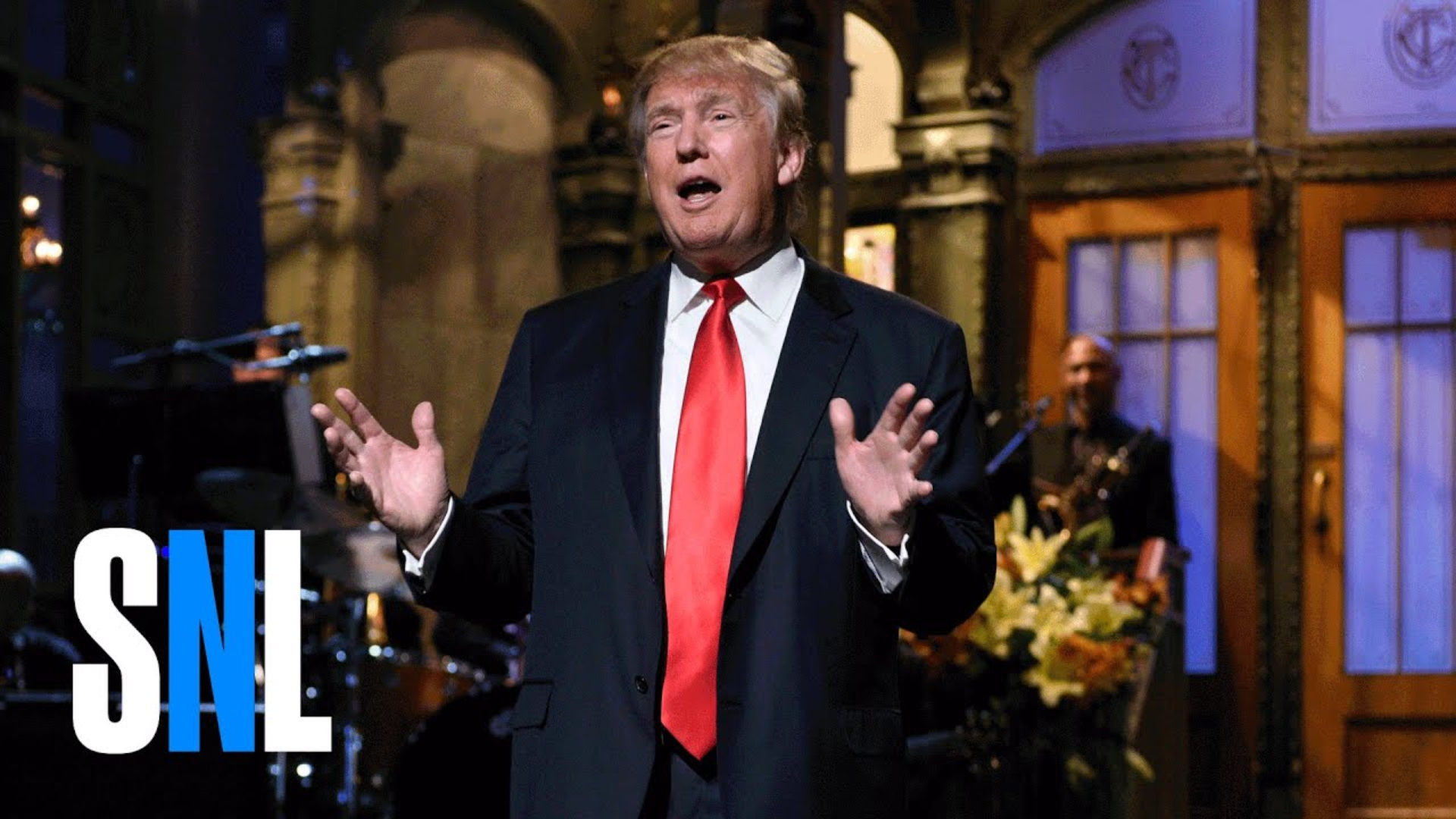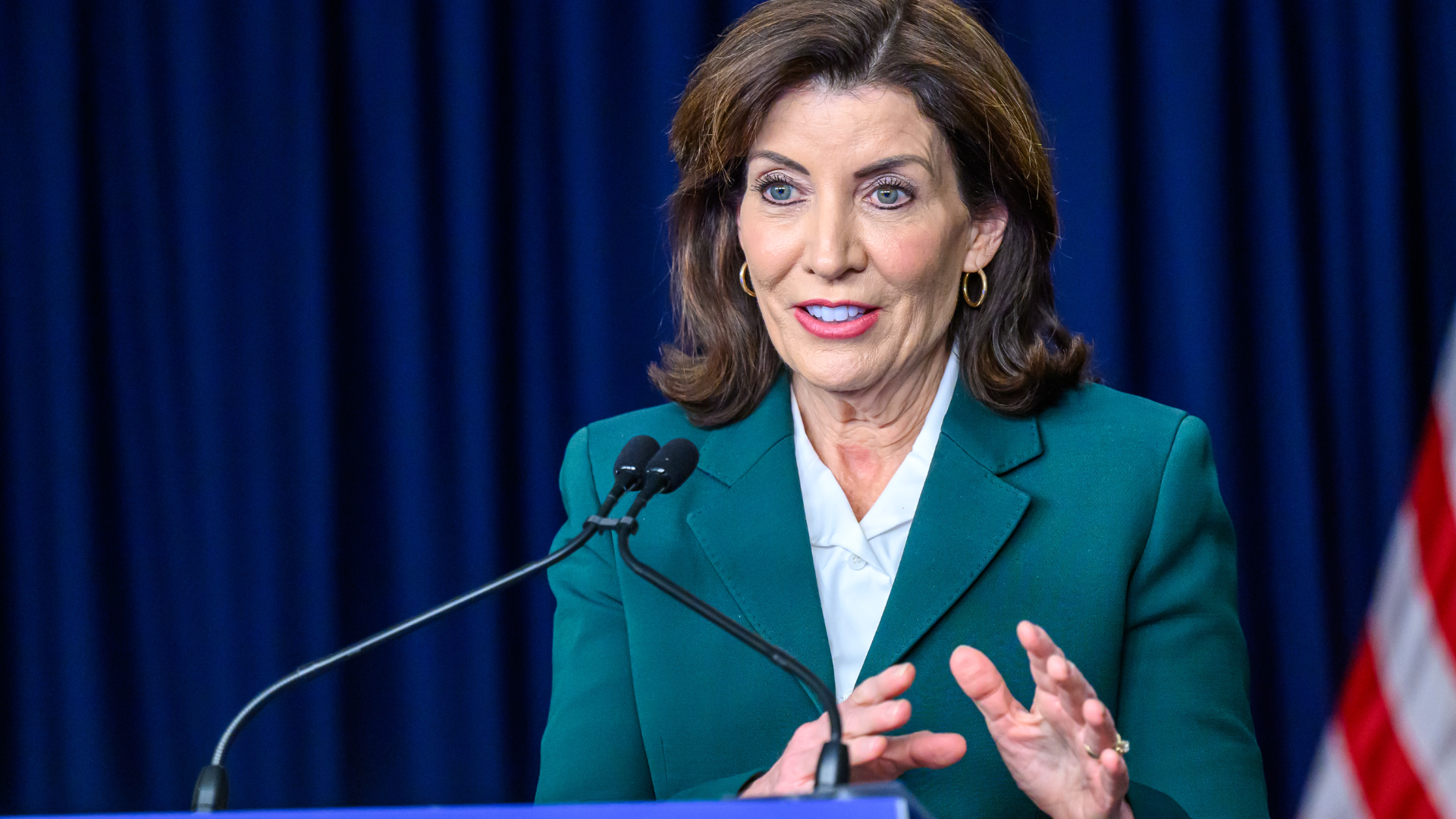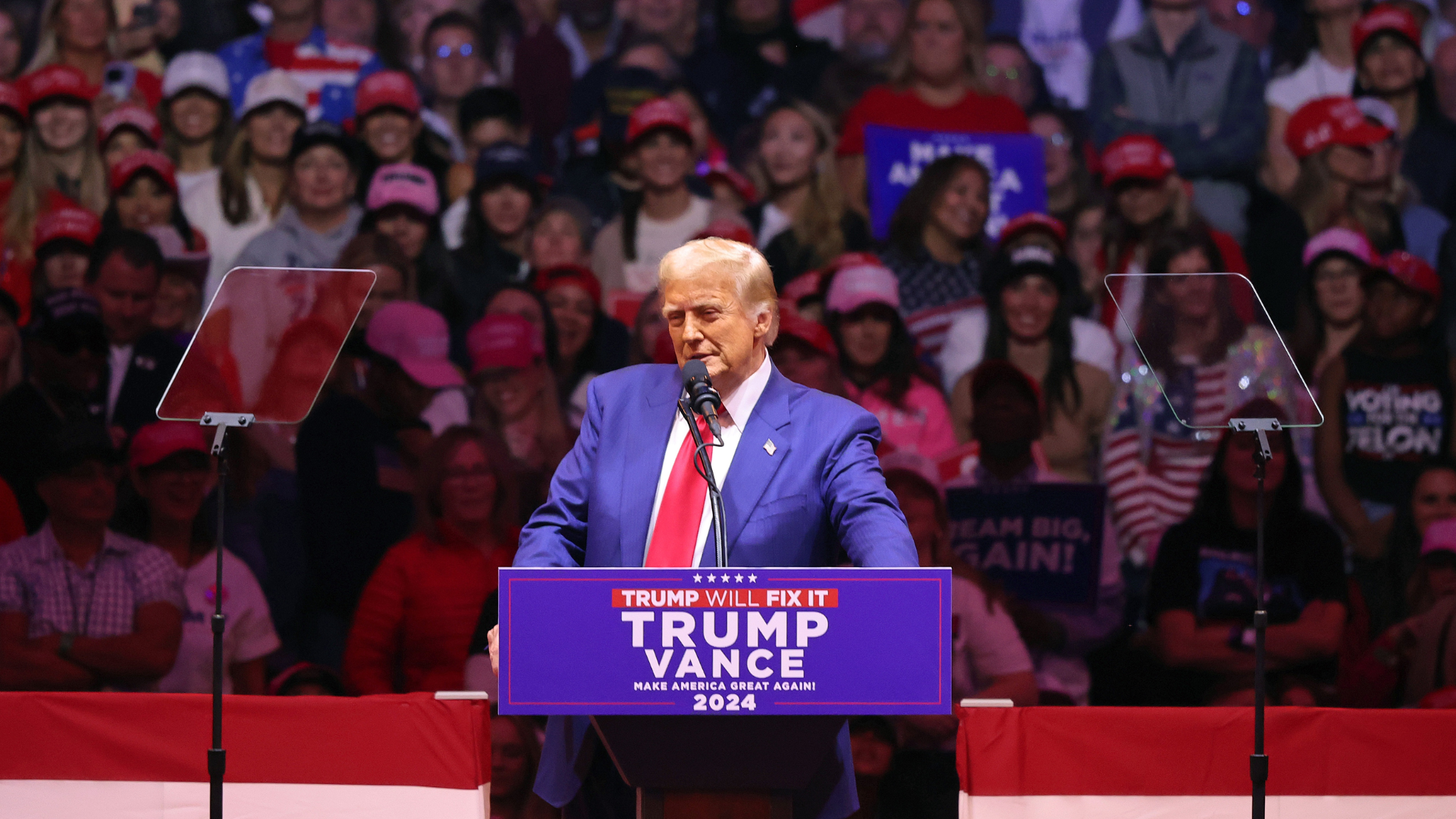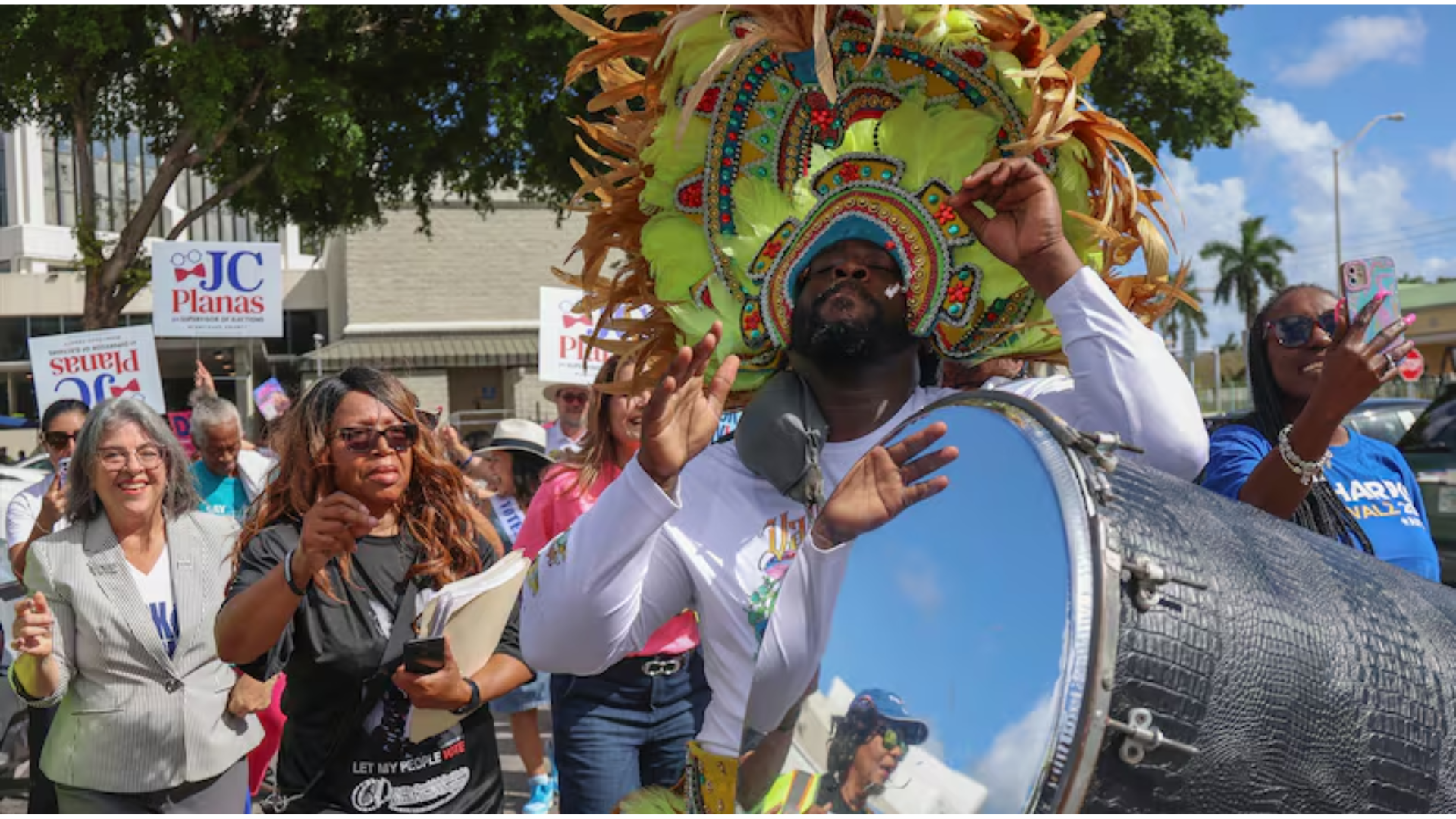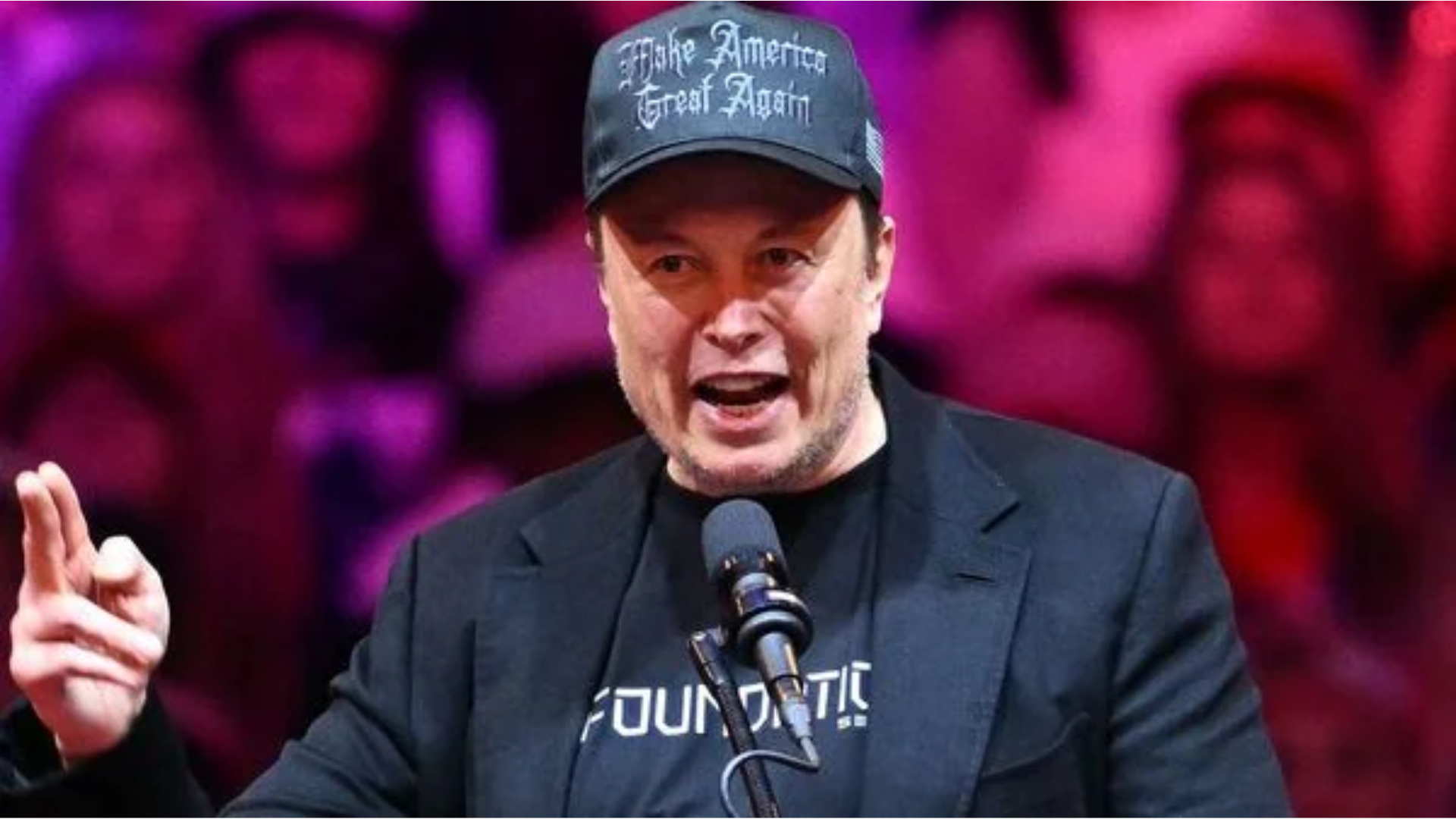
During her recent “60 Minutes” interview, Vice President Kamala Harris suggested voters tune into Donald Trump’s rallies to hear his rhetoric firsthand.
Trump’s words reveal much about his candidacy as he seeks to return to the Oval Office. If one heeds Harris’s advice, they’ll encounter rhetoric that alternates between shocking and inflammatory, often targeting immigrants, political opponents, and even U.S. military traditions.
At a rally in Wisconsin, Trump claimed that undocumented immigrants are poised to invade Americans’ homes, saying, “They will walk into your kitchen, they’ll cut your throat.”
He proceeded to label them “animals.” Such language isn’t new for Trump, who often paints immigrants as a dangerous force. In Detroit, he declared, “We allowed them to come in and raid and rape our country,” repeating the word “rape” to emphasize his stance.
This kind of rhetoric reinforces his longstanding anti-immigrant sentiment, which has been a cornerstone of his political identity.
Trump’s rallies often feature personal attacks, both on political opponents and public figures. Recently in Scranton, Pennsylvania, he referred to Harris as a “radical left Marxist” and, even more harshly, as “mentally impaired.”
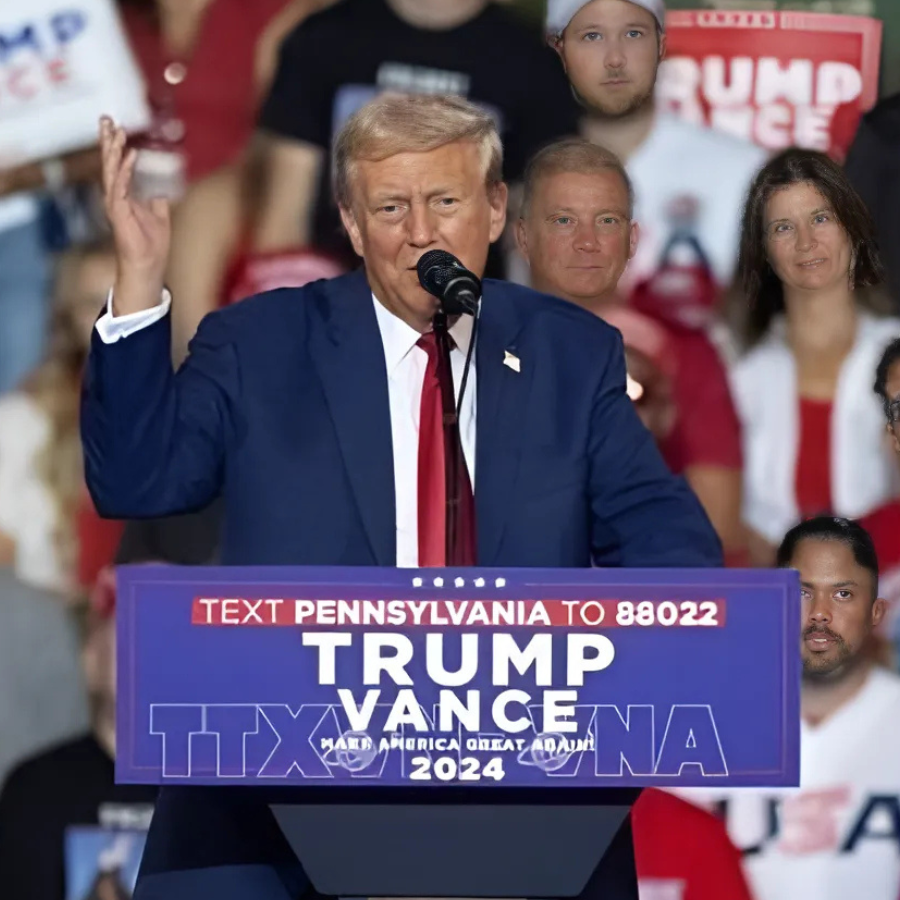
He also took aim at “The View” co-host Whoopi Goldberg, calling her “demented” and “filthy dirty, disgusting.” Such remarks play into Trump’s pattern of using derogatory language to undermine those he perceives as adversaries, particularly women and people of color.
Beyond personal attacks, Trump has revived old controversies, such as renaming North Carolina’s Fort Liberty back to Fort Bragg, re-establishing its connection to a Confederate general.
This follows his veto of a bipartisan military spending bill during his presidency, which Congress subsequently overturned. Trump’s insistence on honoring Confederate leaders reveals his desire to appeal to certain segments of his base, regardless of the divisive implications.
Trump also veers into misleading and false claims about issues like climate change. In a conversation with conservative commentator Hugh Hewitt, Trump stated that “the ocean will rise one-eighth of an inch in the next 500 years,” downplaying the threat of global warming with inaccurate statistics.
He has even embraced discredited eugenics theories, insinuating that immigrants possess “bad genes” and attributing criminal tendencies to certain ethnicities.
In the wake of recent hurricanes, Trump accused the Federal Emergency Management Agency (FEMA) of neglecting Republican areas and alleged that Vice President Harris misused FEMA funds for housing undocumented immigrants.
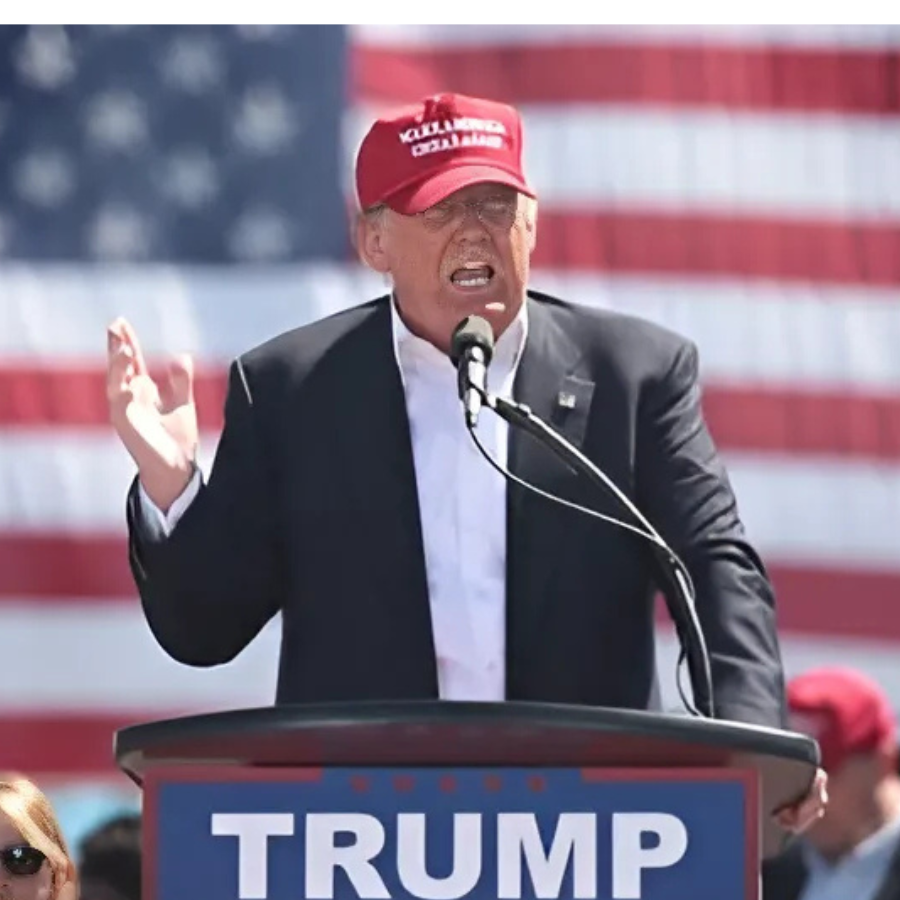
These false claims undermine public trust in government services and echo Trump’s previous reluctance to extend disaster relief to areas governed by Democrats.
While Trump’s rallies sometimes feature lighthearted moments, his casual references to figures like Hannibal Lecter and his comedic exchanges with business leaders blur the line between entertainment and alarming discourse.
His offhand remarks may seem amusing to some, but his history as president indicates that he often acts on his words. For instance, his inflammatory language on immigration has had real-world consequences, influencing policies that separate families and restrict entry to the U.S.
Vice President Harris has urged Americans to scrutinize both her record and Trump’s words, pointing out that Trump’s rhetoric offers insights into his potential presidency. As voters weigh their options, Trump’s speeches at rallies provide a revealing glimpse into his priorities and perspectives.
His willingness to demonize opponents, champion controversial causes, and dismiss scientific consensus suggests a return to the divisive and chaotic leadership style that characterized his first term.
The upcoming election presents voters with a choice: one that Harris argues involves taking Trump’s words seriously.
His rhetoric on immigration, race, and government agencies exemplifies his worldview and likely foreshadows how he would govern if re-elected. As the campaign intensifies, Trump’s words serve as a window into his character and the potential consequences of his return to office.


